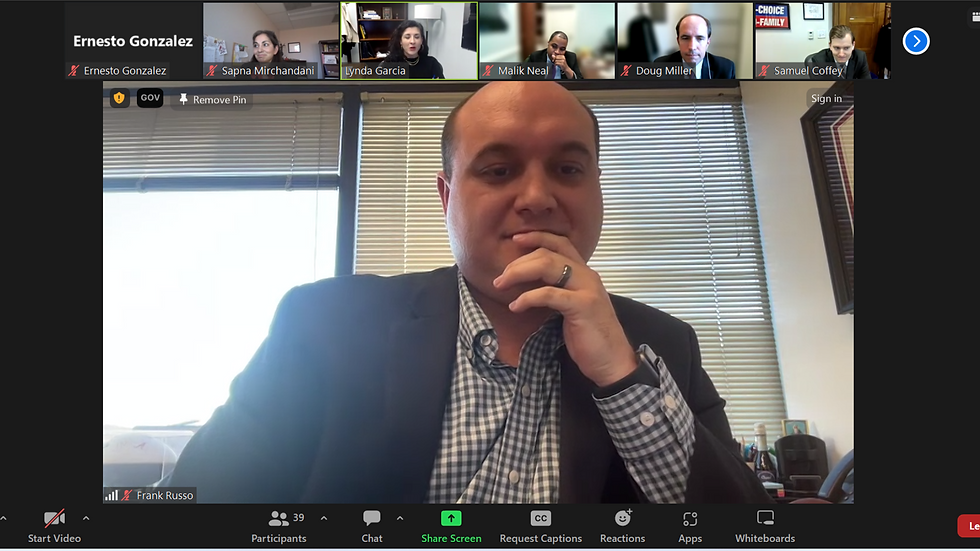Embracing Trump-Era success, why Congress should codify the CARES Act Home Confinement policy
- Staff Writer

- Nov 16, 2023
- 2 min read

The covid-19 pandemic exasperated pre-existing, deeply imbedded flaws of the criminal justice system. With a Bureau of Prisons (BOP) already failing on multiple fronts to safely house their inmates with staffing shortages and the in-ability to separate infected inmates from healthy ones, the potential of months-long lockdowns proved detrimental and life-threatening.
Thankfully, the Trump Administration helped alleviate this issue of prison overcrowding by implementing the CARES Home Confinement policy. The policy allowed low-risk, medically vulnerable inmates with no history of violence in prison to spend the remainder of their sentence under home confinement. This resulted in huge cost savings on the taxpayer ($65.33 per inmate, per day) and almost no risk to public safety with only a 0.2% recidivism rate (compared to the 43% national rate). Those participating in the program have become productive, tax-paying members of society who have turned their life around, supported their communities, and repaired broken family units. The Trump-era CARES Home Confinement policy has proven to be one of the most successful criminal justice initiatives in the 21st century.
Unfortunately, some in Congress are working to end this public safety success and the Nolan Center for Justice has stepped up to ensure such a mistake is not made. Earlier this week, CPAC’s Frank Russo sat on the CARES Act Home Confinement Briefing Panel to discuss the importance of codifying, not reversing, this innovative approach to modernizing the criminal justice system. The panel sought to educate and inform Congressional staff on the effectiveness and societal impact of home confinement as an alternative to traditional incarceration. “We care because those individuals are not only helping themselves, but also the wider community around them” Mr. Russo said, affirming CPAC’s support for the program. Further, Mr. Russo posed the question to the bipartisan audience, “what message does it send when we punish former inmates for succeeding after prison.” At a time when Americans are calling for a justice system that prioritizes accountability and redemption, reversing one of the most successful Trump Administration initiatives would be a significant step in the wrong direction.








.png)




_gif.gif)